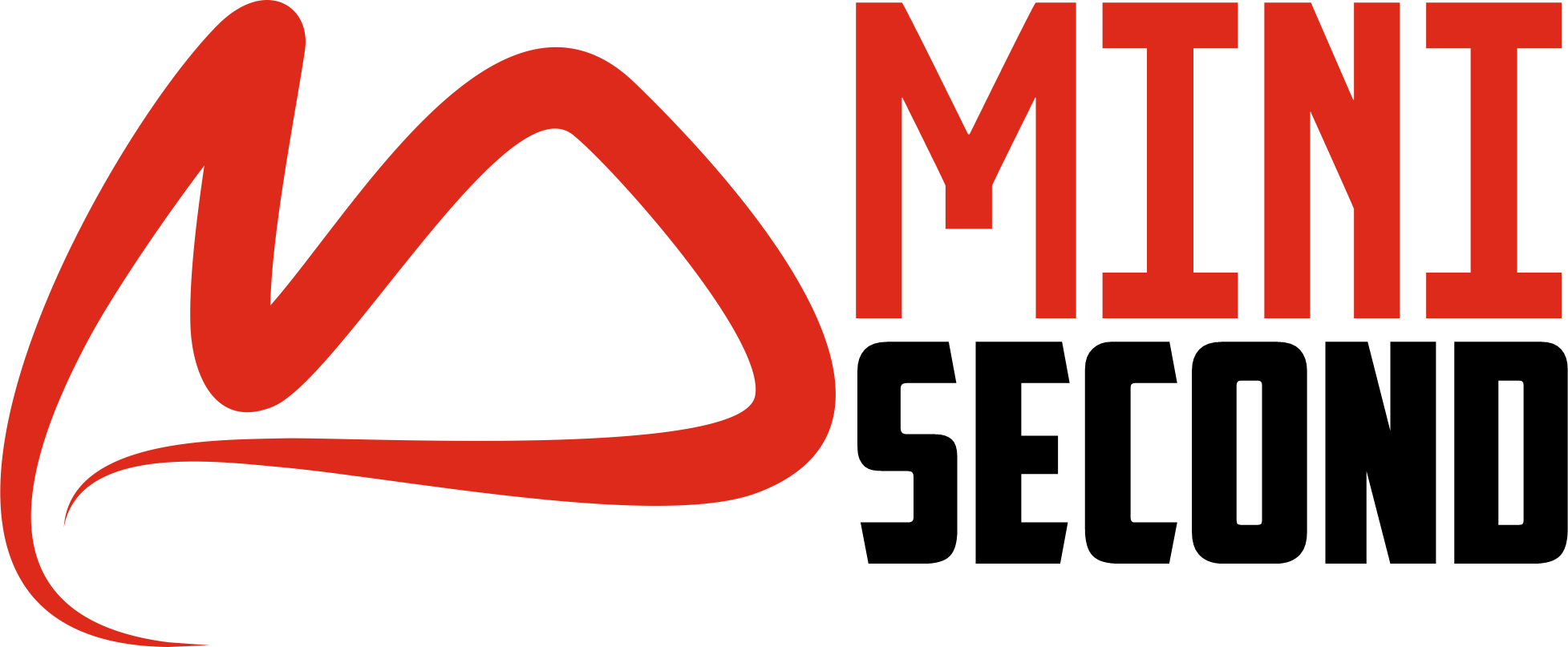are SEO services worth it Reddit – SEO is the acronym for Hunt Engine Optimization (search engine optimization) and is a practice that consists of optimizing your web pages so that they are better positioned in the search engine results pages (SERPs).
SEO is an effective and inexpensive marketing strategy that helps drive traffic to a website and increase adaptation rates.
To better comprehend what SEO is, this article will guide you through the basics of search engines and SEO, it will explain how search algorithms work and what factors influence the web positioning of your site.
At the end of the piece, you will too find SEO best practices and comprehensive resources to expand your knowledge.
Table of Contents
SEO vs. SEM: What’s the difference?
We already saw what SEO (Search Engine Optimization) means. Now we will briefly go over the difference between SEO and SEM.
Search Engine Optimization (SEO) and Search Machine Marketing (SEM) are marketing strategies that trades use to reach their audiences through search consequences.
The key difference is that SEO emphasizes on optimizing pages to rank better done organic traffic. This refers to users who come from search engines like Google or Bing.
For its part, SEM uses payment strategies to upsurge the visibility of a web page in search engines. Visitors from paid circulation come from clicking on ads generated on Google Ads or other platforms.
While SEO takes some time to give reliable and long-lasting results, SEM offers almost instant results. You’ll quickly see how many clicks and conversions your ads are generating on search engines.
Despite being different, SEO and SEM go hand in hand. A decent SEO foundation is necessary for a fruitful SEM plan.
Optimizing your landing pages with keywords can progress your Google Quality Score and increase your site’s visibility.
What factors influence SEO and are the most important?
As the primary search engine, Google processes more than 6.5 billion searches a day. Therefore, ranking high in Google results can drive significant traffic to your site.
For this reason, it is essential to pay close attention to Google’s web positioning factors. These factors, which are constantly evolving along with Google’s search algorithms, help deliver the most relevant content for a better user experience.
From load time to page security, these are the most important SEO factors to know:
- Page speed. Defines the amount of time a web page takes to load. A page that loads quickly helps your site rank better in search engines. Regularly monitor your site’s performance and use speed analysis tools like Google’s PageSpeed Insights and Pingdom’s speed test to get insight into your site’s performance.
- Compatibility with mobile devices. A responsive design automatically adjusts web page elements to accommodate different screen sizes, providing an optimal experience for users on all devices. Responsive and mobile-friendly site pages will appear higher in search engines. Check Google’s mobile-friendliness test to measure how easy your site is to use.
- High-quality content. It offers relevant and objective information to answer specific queries. Google evaluates content length, structure, relevant keywords, and information. Continuously create unique and original content to attract more users and increase the visibility of your site.
- Backlinks. Also known as incoming links, they are links to your website located on other sites, which serve as an indicator of the authority of your site. When a website or blog includes your link in its content, it marks your site as a relevant source. Pages with high-quality inbound links from credible sites may rank higher on search engine pages.
- User experience. Google measures user experience through various indicators, such as bounce rate and dwell time. When visitors arrive at a site and leave soon after, Google considers the site irrelevant. On the other hand, if visitors stay for a while, it is a sign that the site provides valuable information.
- Site security. It includes all the actions to protect a page and its visitors from cyberattacks. Thus, Google gives priority to sites protected by HTTPS. Meanwhile, a site that doesn’t have it is marked as unsafe and will most likely drive away visitors. Since security is a priority for all web users, it is vital to add an SSL certificate to your site.
How does SEO work?
Google and other search trains work to collect, establish, and display relevant information to answer user queries. To do this, they carry out three main processes:
- trace. Search trains rely on a team of web crawlers, also known as web spiders or simply bots, who are tasked with finding up-to-date content on the web. Web crawlers help discover and collect the information needed to index a page.
- indexing. It refers to a process in which search engines store and organize collected web pages. Once web crawlers find info on a site, such as keywords and fresh content, they add the web page to the search index. When users search for relevant information, the search engine will retrieve the indexed web page.
- Positioning. The web pages in the index will be displayed in the search results from the most relevant content to the least relevant.
SEO improves your web attendance by making your site more attractive to search engines. In other words, it is used to determine how well your site goes through this series of steps, from crawling to web positioning.
For example, well-structured internal links on your pages make it easy for web crawlers to jump from one page to another. This allows them to explore your website in-depth and index more content.
In addition, search engine algorithms also take into account other ranking factors, such as relevant keywords, the quality of internal links, and content freshness.
Therefore, optimizing your website content with these factors in mind can significantly increase your search rankings.
What are the different types of SEO?
Here’s a brief summary of the four main types of SEO along with their core elements.
- On-page SEO: Site content, keyword optimization, title tags, alternative text for images.
- SEO off-page: Link building, marketing de influencers, Redes Sociales, foros.
- Technical SEO: Site speed, schema markup, internal links, SSL certificate.
- Local SEO: Local keywords, business profile, customer reviews, local content.
To give you a better sympathetic of SEO, the following sections will reveal the definitions of each type, how it works, and how it is applied.
SEO on-page
On-page SEO mentions to the process of optimizing the individual pages of a site to increase its position in organic search engine results.
This type of SEO emphasizes both the page content and the HTML source code, including title tags, header tags, and meta descriptions. Thus, the page will be attractive to web users and search engine crawlers.
On-page SEO also helps to organize your page so that web crawlers can easily analyze the content and index it for relevant searches.
To guide you in on-page SEO optimization, we have put together some of the main practices that you should know:
are SEO services worth it Reddit
- Site content. Google uses a framework known as EAT (expertise, trustworthiness, and trustworthiness) to assess the quality of content, pages, and sites. Favor high-quality content from trusted authors and trusted pages. Therefore, to rank higher in search results, you need to make sure that your page meets these criteria.
- Keyword Optimization. Including keywords in your content helps the search algorithm to identify the type of information you are providing. Conduct keyword research with SEO tools like Ahrefs Keywords Explorer or Google Keyword Planner to find a target keyword besides figuring you’re happy around it. Of course, make sure that the distribution of the keywords is natural to avoid Google’s penalty for keyword stuffing.
- Title tag. Also known as a page title, it looks like a clickable link that people see on search engine results on pages. Determines the relevance of the page to the user’s search intent. A well-written headline will generate more clicks and drive more traffic to the page. In addition, concise titles that contain keywords are favored and ranked higher by search engines like Google.
- Header tags. Breaking content into bits with header tags provides a better user experience and makes it easier for web crawlers to index the page. When users type their search terms, the search engine will search for any relevant information using these tags as a guide. In this way, the chances of your page appearing higher in search engines increase.
- Alternative text of the image. Alternative text is an attribute that describes a specific image that the site can’t display and is useful for visually impaired users. Screen readers use the alt text information to describe the image. This text informs the search engine that the image is a valuable piece of your content. This provides additional organic ranking opportunities for your page, as it can appear in Google image search results.
- Meta description. Refers to the short description of pages in the SERPs, which appear as snippets along with the page title and URL. Meta descriptions include keywords and precisely describe the information the page offers. A good meta description can drive more clicks and lower bounce rates if the content meets the user’s intent.
SEO off-page
Off-page SEO refers to any action taken outside the site to improve its position in search results. It allows the search engine to know how the public perceives a site, a company or a creation.
As a result, a well-constructed off-page SEO strategy can aid your website upsurge its page authority and rank higher in search engines.
These are some factors of this type of SEO that must be taken into account:
- Link building. It refers to the process of acquiring links from other websites to your site. The Google procedure relies deeply on links. Every link you receive aids as a vote of sureness for your site. However, you should always prioritize quantity over quality and make sure you only get quality links from trusted sites.
- Marketing in social networks. Building a strong communal media presence is important to your business. It is a resource for users to check their reputation. Posting engaging content on social media helps reach a larger audience. Also, if your content manages to get traffic from different parts of the world, the search engine will see that your site is trustworthy.
are SEO services worth it Reddit
- Influencer Marketing. Building relationships with brands or influencers is a great way to build brand awareness. Done right, influencer marketing can help support your brand and drive new audiences to your site. In this way, you can get more traffic and recognition.
- Forums. Forum pages like Quora, Reddit, and Stack Overflow are excellent opportunities to promote your website. There, you can participate in real conversations between users by answering questions, which allows you to show your expertise and reliability. Also, you can add a link to a page on your site and drive biological search traffic.
While link building is the central aspect of this strategy, all activities that take place outside of a site are considered off-page SEO and should not be overlooked.
technical SEO
Technical SEO is the procedure of optimizing the technical aspects of your website to ensure that it sees the criteria of a search engine procedure. This comprises speed optimization, mobile compatibility, and page architecture.
Technical SEO optimization will guide a search engine like Google to easily detect and directory your pages. Thus, it will reward a well-optimized technical SEO website with a higher position in search results.
Technical SEO not only helps improve your search engine rankings but also influences the user experience. Moreover, users and search machines prefer a well-structured site with fast loading time and high security, which are all essential factors of technical SEO.
There are several aspects of technical SEO that you should take into account when optimizing your website:

